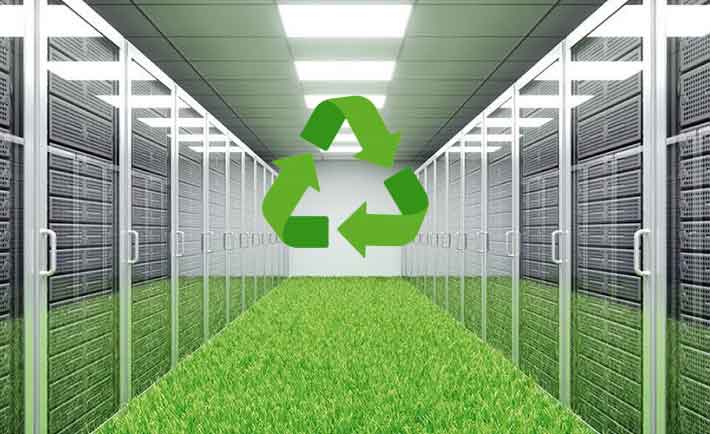Paneles Solares en la Industria: 10 Cosas que Debes Saber para Generar tu Propia Energía
En el dinámico mundo industrial, la eficiencia y la sostenibilidad se han convertido en pilares fundamentales para la competitividad.
Una de las estrategias más inteligentes y rentables que las empresas están adoptando es la generación de su propia energía a través de paneles solares.
Más allá de una moda, es una inversión estratégica con beneficios a largo plazo.
Si estás considerando dar el salto, aquí te presentamos 10 cosas esenciales que debes saber.
1. Ahorro Significativo en Costos Operativos
La razón más directa para implementar paneles solares es la reducción drástica en la factura de electricidad. Al generar tu propia energía, disminuyes la dependencia de la red eléctrica y sus tarifas fluctuantes, liberando capital que puede ser reinvertido en otras áreas de tu negocio.
2. Independencia Energética y Estabilidad de Precios
Imagina no preocuparte por los aumentos inesperados en el costo de la energía. Un sistema solar industrial te ofrece una fuente de energía predecible y estable, protegiéndote de la volatilidad del mercado y asegurando la continuidad de tus operaciones sin sobresaltos.
3. Incentivos Fiscales y Subvenciones Disponibles
Muchos gobiernos, tanto a nivel nacional como local, ofrecen atractivos incentivos fiscales, subvenciones, deducciones y créditos para empresas que invierten en energía renovable. Estos beneficios pueden reducir significativamente el costo inicial de la inversión y acelerar el retorno de la misma.
4. Reducción de la Huella de Carbono y Responsabilidad Social Corporativa (RSC)
Adoptar la energía solar es un paso concreto hacia la sostenibilidad. Reduce la emisión de gases de efecto invernadero, mejorando la imagen de tu empresa como un actor socialmente responsable y ecológico. Esto no solo beneficia al planeta, sino que también puede atraer a clientes y talentos que valoran la sostenibilidad.
5. Revalorización del Activo Inmobiliario
La instalación de un sistema de paneles solares puede aumentar el valor de tu propiedad industrial. Un edificio con una fuente de energía renovable integrada es más atractivo en el mercado y se considera una inversión más moderna y preparada para el futuro.
6. Mantenimiento Sencillo y Vida Útil Prolongada
Los sistemas fotovoltaicos son conocidos por su robustez y larga vida útil, que generalmente supera los 25 años. Requieren un mantenimiento mínimo, principalmente limpieza periódica y revisiones ocasionales, lo que se traduce en bajos costos operativos a largo plazo.
7. Sistemas de Almacenamiento (Baterías) y Net Metering
Para maximizar la autonomía, considera integrar sistemas de almacenamiento de energía (baterías) que te permitan usar la energía solar incluso de noche o en días nublados. Además, muchos países ofrecen programas de «net metering» (balance neto), donde la energía excedente que generas puede ser vendida a la red, generando ingresos adicionales o créditos en tu factura.
8. Adaptabilidad a Diversos Tipos de Cubiertas y Espacios
Los paneles solares pueden instalarse en una amplia variedad de superficies, desde cubiertas planas o inclinadas de naves industriales hasta marquesinas en estacionamientos o terrenos adyacentes. Las soluciones son personalizables para aprovechar al máximo el espacio disponible de tu empresa.
9. Análisis de Rentabilidad (ROI) y Tiempo de Recuperación de la Inversión (Payback)
Antes de invertir, es crucial realizar un estudio de viabilidad detallado. Este análisis te proporcionará el Retorno de la Inversión (ROI) esperado y el tiempo de recuperación de la inversión (payback), que en muchos casos industriales es sorprendentemente corto, a menudo entre 3 y 7 años, dependiendo de la ubicación y el consumo.
10. Tecnología en Constante Evolución
La tecnología solar no para de avanzar. Cada año, los paneles se vuelven más eficientes, más compactos y, en general, más asequibles. Invertir ahora significa adoptar una tecnología probada que continúa mejorando, asegurando que tu sistema se mantendrá relevante y eficiente durante décadas.
La energía solar para la industria no es solo una opción ambiental; es una decisión empresarial inteligente que ofrece ahorros sustanciales, estabilidad, una imagen corporativa mejorada y una preparación sólida para el futuro energético.
Es el momento de tomar las riendas de tu consumo energético y empezar a generar tu propia energía.



